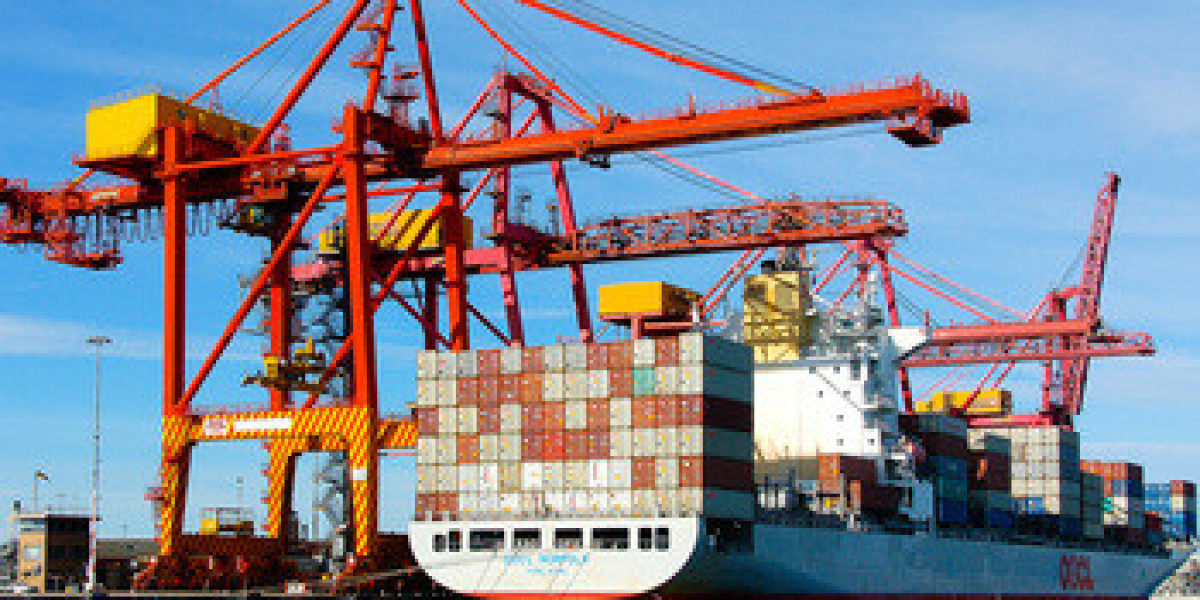Navigating import and export regulations can be complex, which is why many businesses rely on the expertise of a customs broker Melbourne to manage international shipments efficiently. These professionals serve as intermediaries between importers, exporters, and government authorities, ensuring all required legal and procedural steps are followed during the movement of goods across borders.
Customs brokers in Melbourne work within a regulatory environment governed by Australian Border Force (ABF) and other government departments. Their core responsibility is to ensure goods are cleared through customs without delay, which involves accurate classification, valuation, and documentation of shipments. Missteps in this process can lead to costly delays, penalties, or even confiscation of goods, making the role of a licensed broker critical to smooth international trade operations.
One of the key duties of a broker is determining the correct Harmonized Tariff codes for products being imported. This classification impacts the amount of duty or tax payable and may also trigger other regulatory requirements such as permits or inspections. A broker must also be familiar with Free Trade Agreements and tariff concessions that could affect duty rates, providing clients with potential cost savings where applicable.
In addition to tariff and duty management, customs brokers handle essential documentation such as import declarations, commercial invoices, bills of lading, and certificates of origin. These documents must be submitted accurately and on time to prevent customs clearance issues. Brokers often act on behalf of clients using digital platforms approved by the ABF, enabling faster processing and tracking of consignments.
Compliance is another major focus area. Australia’s customs laws are strict, and even minor errors in paperwork or procedure can result in audits or financial penalties. Brokers must stay updated on legal changes and shifting global trade conditions to ensure their clients meet all obligations. Many brokers also offer advice on biosecurity measures, import restrictions, and quarantine requirements, especially for high-risk goods such as food, chemicals, or animal products.
Working with a broker also helps streamline logistics. Coordinating with freight forwarders, warehouses, and transportation providers is part of the broader service, ensuring goods move from port to final destination with minimal disruption. Their knowledge of customs procedures across international ports also benefits exporters sending goods from Melbourne to global markets.
In summary, customs brokers in Melbourne play a crucial role in facilitating compliant, efficient international trade. By managing legal obligations, documentation, and coordination across supply chains, they contribute to smoother operations for importers and exporters alike.







